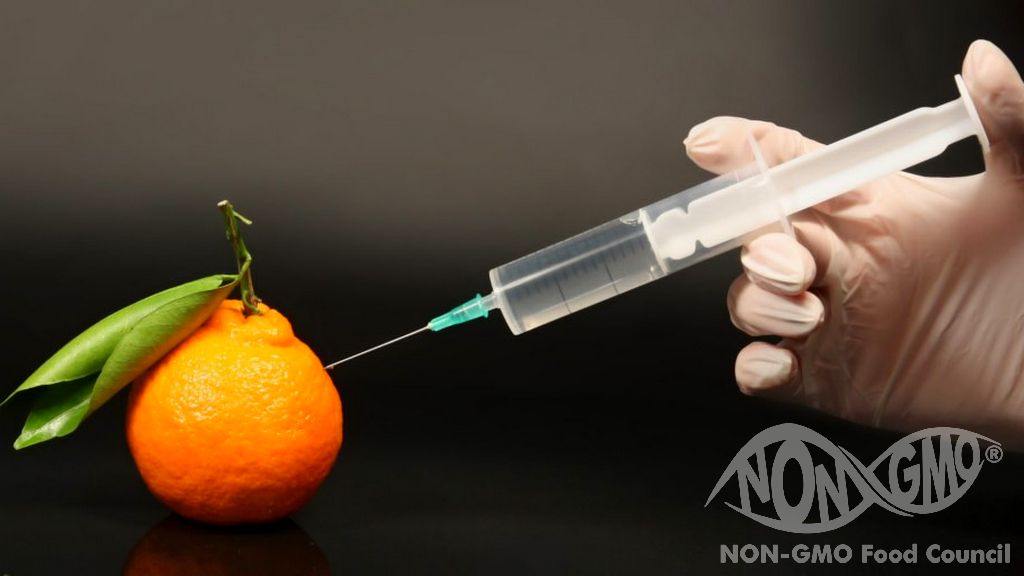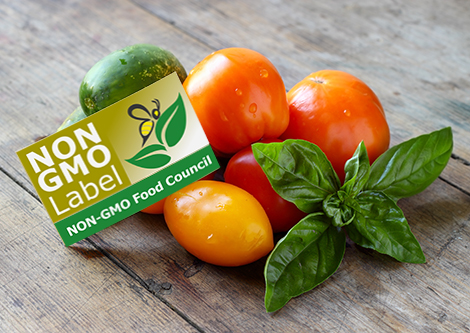GMO stands for Genetically Modified Organism. When it comes to GMOs, many people only think of crops. Yet an 'organism' is not just a plant; refers to all living things, including bacteria and fungi.

Therefore, GMOs are living beings whose genetic codes have been modified in some way. While traditional breeding, which has been going on for centuries, involves mixing whole genes from two different sources, producing GMOs is much more targeted. Instead of crossing two plants in the field, they insert a gene or two into individual cells in a lab.
However, as mentioned before, GM (Genetic Modification) technology can also be used on microorganisms. For example, bacteria have been genetically modified to produce drugs that can treat diseases or vaccines that prevent them. One commonly used drug from a genetically modified source is insulin, which is used to treat diabetes, but there are others.
The GMO creation process starts very small. A scientist inserts a gene into the DNA in the nucleus of a single cell. The DNA used for modification is so small that it cannot be seen even under the most powerful microscope. No matter how small a cell is, it has a huge amount of DNA packed in its tiny nucleus.
To give you an idea of how much DNA is packed into that tiny space, if you take all the DNA from a single maize cell and sequence it end to end, it can reach about 2 meters. A very small piece is inserted into this enormous amount of DNA. Most of the organism's genetic code remains completely unchanged throughout the process.
Once this single cell is replaced, the scientist continues to treat it with naturally occurring plant hormones to stimulate growth and development.
This single cell will then begin to divide (which is the natural growth process for any organism) and the resulting cells will begin to take on specific functions until they become a whole plant. Because this new plant is derived from a single cell with the ultimately inserted gene, all cells in the regenerated plant contain this new gene.
Do not hesitate to contact our expert team to obtain detailed information on the issues related to GMO and NON GMO certification or to apply for certification.
